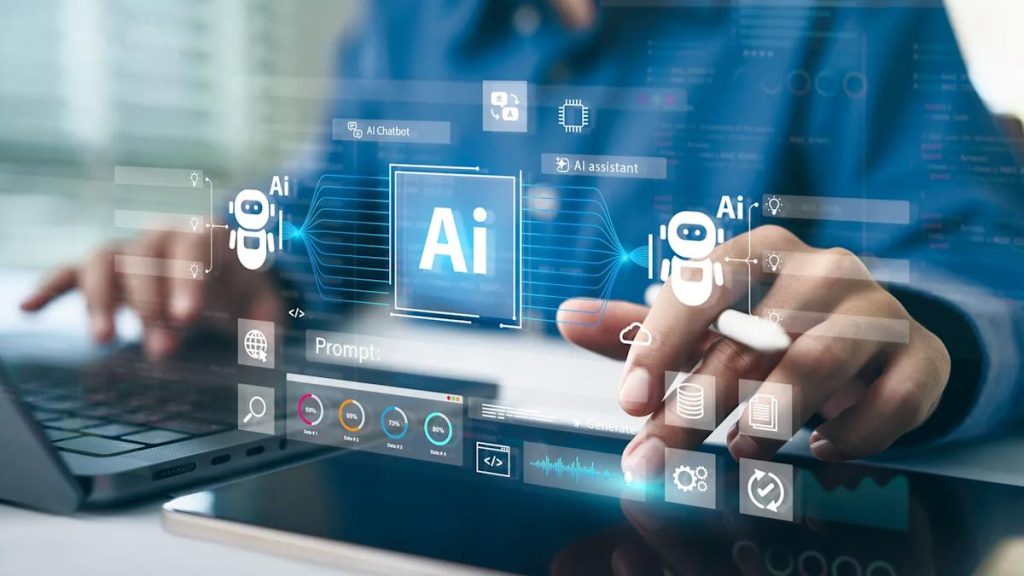This story was originally published on CFO Dive. To receive daily news and insights, subscribe to our free daily CFO Dive newsletter.
Accountants deploying generative artificial intelligence can upgrade the level of detail of financial reports by 12%, shift 8.5% of their time from routine, back-office processing to higher value tasks, and cut 7.5 days off the time needed to complete a monthly close, researchers said.
By using generative AI, accountants can devote more time toward analytical work, quality assurance and communicating with clients, researchers at the Massachusetts Institute of Technology Sloan School of Management and Stanford University Business School said in a study.
“On average, AI-using accountants support 55% more clients per week compared to non-users, enabling them to broaden their client service scope,” the researchers said. “These accountants also log more billable hours, indicating that AI helps convert previously non-productive time into client-facing work.”
Advancements in AI this decade have improved accounting efficiency and accuracy, with machine learning sharpening fraud detection, predictions of earnings, forecasts of market trends and risk management, according to research in recent years.
At the same time, many companies use robotic process automation to streamline workaday tasks such as data entry and reconciliation, reducing errors and upgrading efficiency.
Going beyond prior findings, the MIT/Stanford study “uniquely captures a complete perspective of how generative AI fundamentally transforms financial reporting and professional accounting practices,” researchers Jung Ho Choi and Chloe Xie said.
The researchers teamed up with a provider of AI software focused on accounting and analyzed hundreds of thousands of transactions from 79 small- and medium-sized companies.
Choi and Xie also surveyed 277 accountants, exploring how they adopted AI and viewed the benefits and hazards of the technology.
When used by accountants as a collaborative tool, AI especially complemented the professional judgment of the most seasoned accountants, Choi and Xie said.
“We find that more experienced accountants tend to leverage the AI system more strategically and reap larger performance gains from it,” the researchers said.
Veteran accountants are skilled in interpreting metrics from AI measuring the reliability of its recommendations and, when the scores are low, tend to intervene more frequently than their less experienced colleagues, the researchers said.
Story Continues

